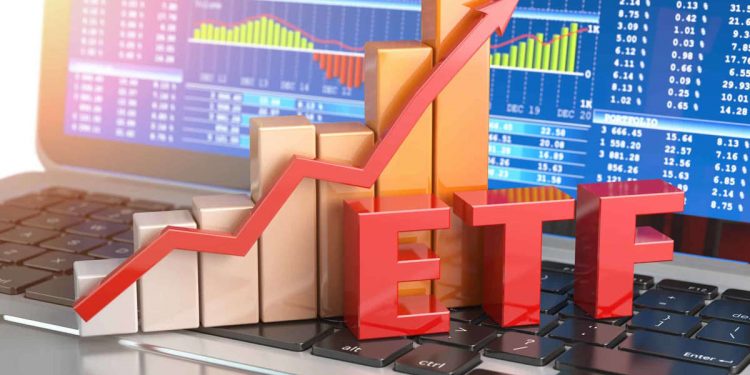The Vanguard MSCI Index International Shares ETF (ASX: VGS) might be one of the leading ways to passively invest on the ASX.
If readers haven’t heard of this one before, it’s an exchange-traded fund (ETF) provided by Vanguard – one of the world’s leading asset managers. Vanguard aims to make its investment products as cheap as possible.
This particular ETF is providing exposure to the global share market from the developed world.
Here are three reasons to consider this investment:
Diversification
Having an investment that is diversified means that the investment poses fewer risks to investors when it comes to geographic, industry, or specific business risks.
This ETF has characteristics that may tick those boxes nicely.
Geographically, it’s invested in many countries. Whilst the US makes up around 69% of the portfolio, these other places make up at least 0.3% of the portfolio as well: Japan, the UK, Canada, France, Switzerland, Germany, the Netherlands, Sweden, Hong Kong, Denmark, Spain, Italy, Singapore, Finland, and Belgium.
Looking at the sector allocation, there is a healthy mix between industries, with IT getting the biggest weighting at 22.9% of the portfolio. Arguably, IT may offer the most growth for investors over time. Other sectors with a position of at least 5% include financials, health care, consumer discretionary, industrials, communication services, and consumer staples.
In terms of the specific company risk, the Vanguard MSCI Index International Shares ETF has a total of just over 1,500 holdings, give it three times as many holdings as iShares S&P 500 ETF (ASX: IVV) and five times as many holdings as Vanguard Australian Shares Index ETF (ASX: VAS).
Portfolio is regularly changing
There has been a global share market for many decades, but the names in the biggest 100 positions have regularly changed over that time. Some businesses can fall by the wayside, so it can be useful to update a portfolio as the years go by.
However, an ETF like this one periodically and systematically changes its positions so that it matches the global benchmark index.
There is a much lower risk that this ETF will become outdated because the newer and growing businesses are taking the places of the ones losing ground.
Now there are names at the top like Apple, Microsoft, Apple, Amazon.com, Facebook, Tesla, Nvidia, and Visa. The list of the biggest names used to be named like Exxon Mobil, General Electric, Walmart, and Intel.
Cheap management fee
A key factor for how much an investment portfolio can grow over time is how much is lost to fees, expenses and taxes. The less that is subtracted from the portfolio value, the more that it can be compounded over time.
Vanguard MSCI Index International Shares ETF has an annual management fee of just 0.18% per annum.
It’s this low fee that has helped the ETF deliver an average net return per annum of 15.3% over the last five years. However, past performance is not a reliable indicator of future performance.
Should you invest $1,000 in Vanguard MSCI Index International Shares ETF right now?
Before you consider Vanguard MSCI Index International Shares ETF, you’ll want to hear this.
Motley Fool Investing expert Scott Phillips just revealed what he believes are the 5 best stocks for investors to buy right now… and Vanguard MSCI Index International Shares ETF wasn’t one of them.
The online investing service he’s run for nearly a decade, Motley Fool Share Advisor, has provided thousands of paying members with stock picks that have doubled, tripled or even more.* And right now, Scott thinks there are 5 stocks that are better bought.
Motley Fool contributor Tristan Harrison has no position in any of the stocks mentioned. Motley Fool Australia’s parent company Motley Fool Holdings Inc. owns shares of and has recommended Vanguard MSCI Index International Shares ETF. The Motley Fool Australia has recommended Vanguard MSCI Index International Shares ETF and iShares Trust – iShares Core S&P 500 ETF. The Motley Fool has a disclosure policy. This article contains general investment advice only (under AFSL 400691). Authorized by Bruce Jackson.
Source by www.msn.com















































